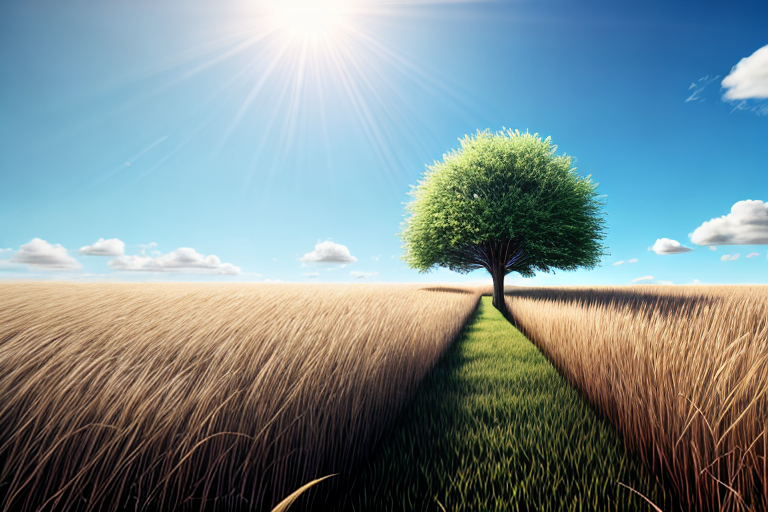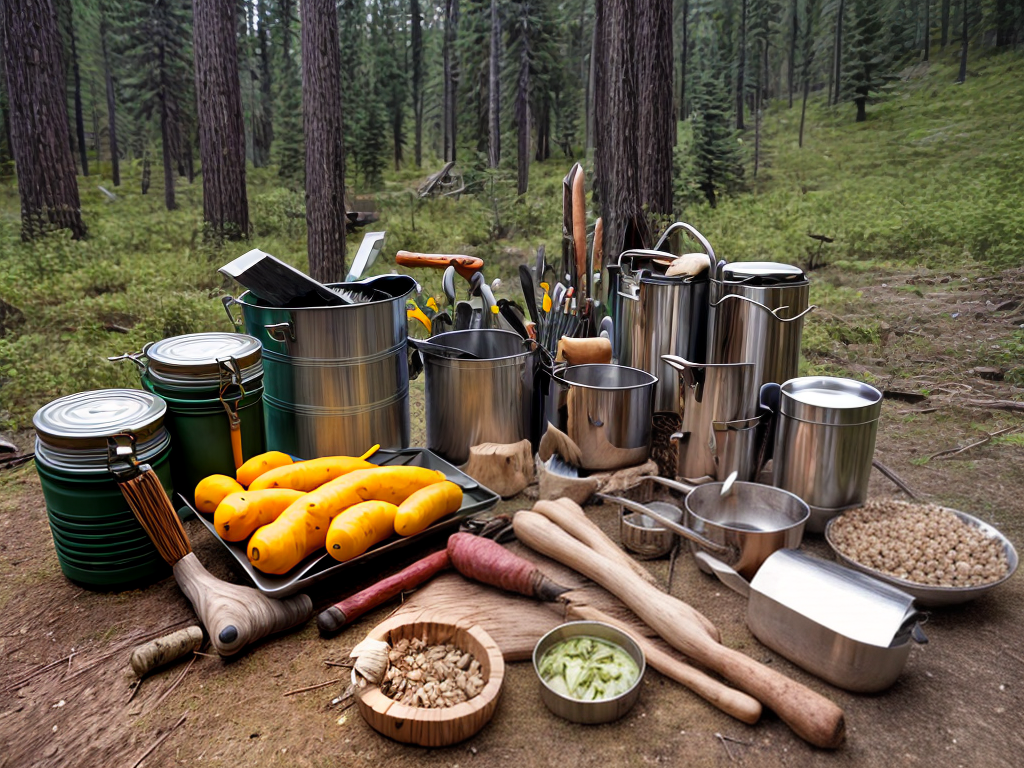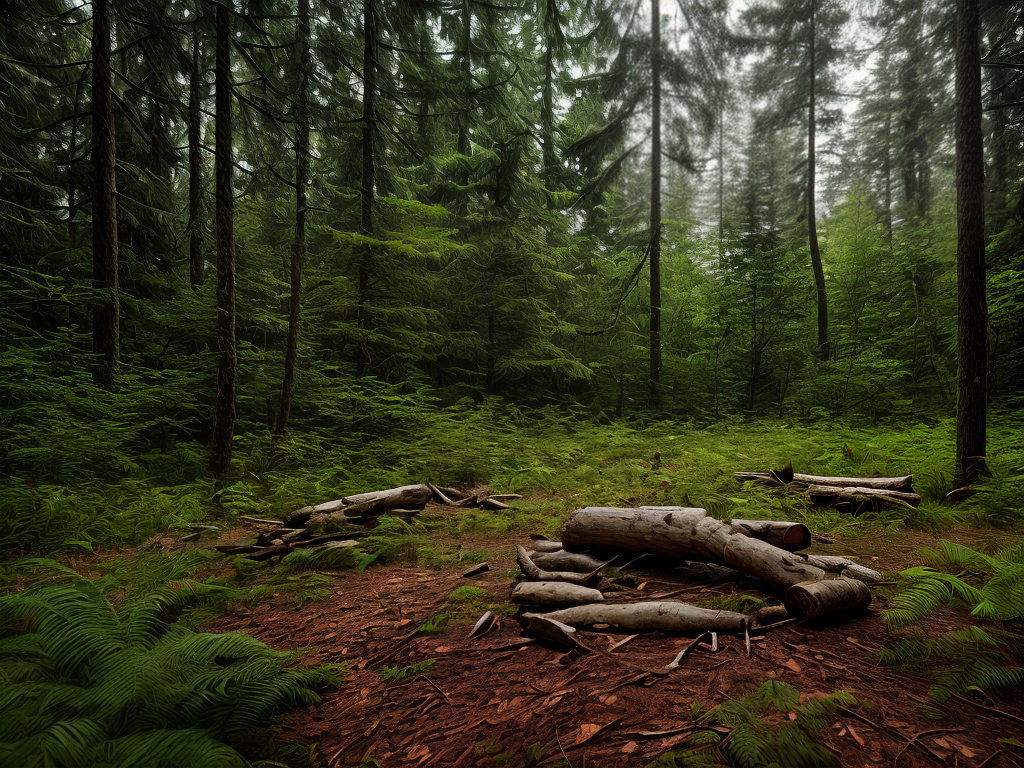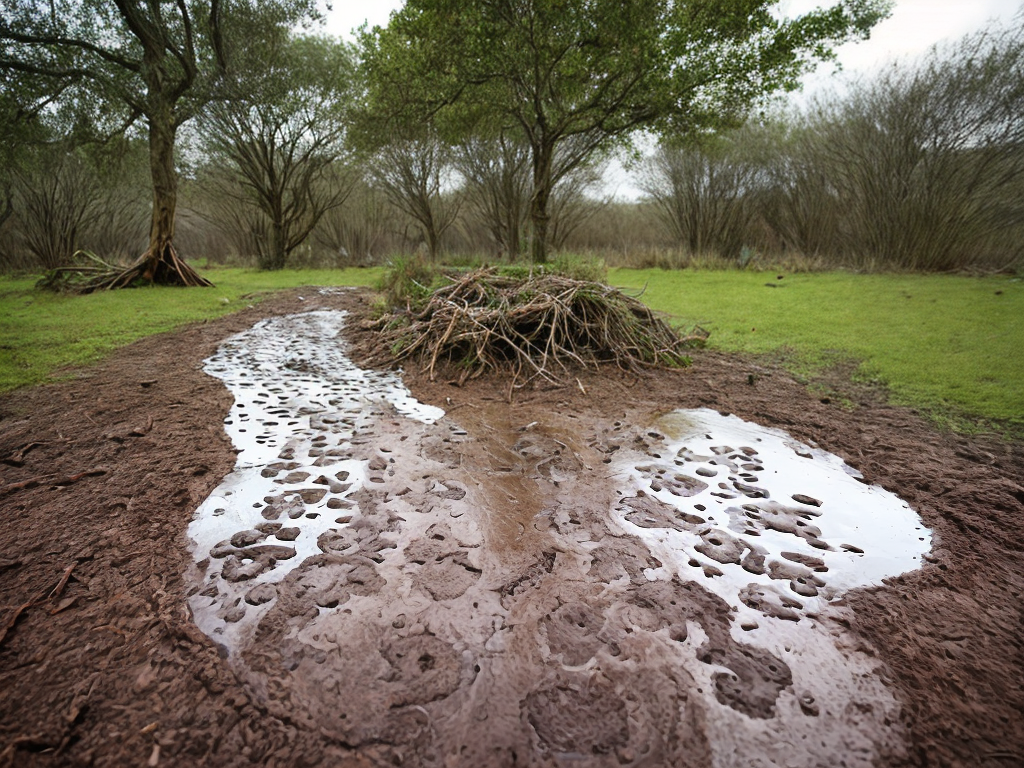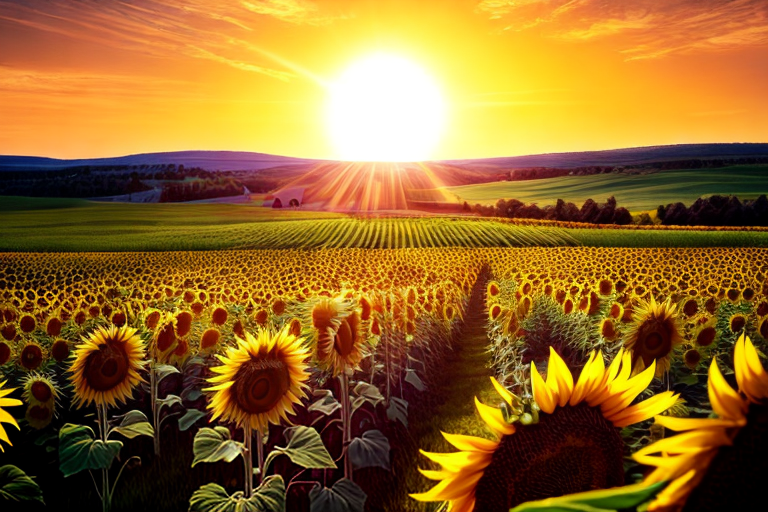
In order to achieve self-sufficiency and ensure a consistent supply of fresh produce, survival gardening is absolutely essential for businesses and brands. One crucial aspect of survival gardening is the practice of seed saving.
By preserving and storing seeds from your own plants, you can establish a sustainable garden that can be relied upon year after year, reducing the need for external seed sources.
When it comes to seed saving techniques, there are a few key factors to consider.
Selecting open-pollinated or heirloom varieties of plants is crucial, as these plants produce seeds that can be successfully saved and replanted. On the other hand, hybrid varieties may not yield offspring with the same desired traits.
To guarantee a sustainable garden, it is important to prioritize seed saving techniques. By choosing open-pollinated or heirloom varieties, businesses and brands can ensure the longevity and productivity of their gardens.
Click here to learn more Survival Tips from Pro Outdoor Survival
Survival Gardening Benefits
Survival gardening offers numerous benefits, such as the ability to save organic seeds and participate in vegetable, herb, and fruit gardening. By cultivating your own edible plants, you can achieve self-reliance and ensure a self-sustaining garden that aligns with the principles of self-sufficiency.
This not only fosters independence but also provides a dependable supply of fresh produce, even during crises or when access to grocery stores is limited.
Tending to your garden can positively impact mental health and well-being, allowing you to connect with nature and witness the growth and abundance of your sustainable food source.

Seed Saving for Food Security
Saving seeds is a critical practice for ensuring food security and promoting self-sufficiency. By establishing a personal or community seed bank, individual’s and businesses can safeguard a diverse range of seed varieties.
This diversity is essential for adapting to changing environmental conditions and building long-term resilience in our food systems.
Sharing seeds through exchange programs and catalogs not only preserves heirloom varieties but also fosters a sense of community resilience.
By prioritizing seed saving, we can pave the way towards a sustainable future for food security.
Seed Saving
- Seed saving helps preserve genetic diversity in crops.
- By saving seeds, farmers and gardeners can adapt to climate change and unpredictable weather patterns.
- Seed banks play a crucial role in protecting rare and endangered plant species.
- Sharing seeds through exchange programs promotes cultural diversity and strengthens community connections.
Essential Techniques for a Resilient Garden
Insects and attract beneficial one’s. Planting beans near corn can provide natural nitrogen fixation, benefiting both crops.
Water management is also crucial for a resilient garden.
Implementing techniques such as mulching, drip irrigation, or rainwater harvesting can help conserve water, reduce evaporation, and prevent soil erosion.
Adequate watering, avoiding over or under watering, is essential for the health and vitality of your plants.
Regular maintenance and pest control are important aspects of a resilient garden.
This can include techniques such as crop rotation, proper pruning, and using organic pest control methods. By regularly monitoring and addressing any issues, you can prevent diseases and pests from spreading and damaging your plants.
Lastly, continuous learning and staying up to date with gardening techniques and practices is key for a resilient garden.
This can involve attending workshops, reading books and articles, or joining gardening communities. By expanding seed saving techniques and implementing seed viability testing, we can ensure the success of seed germination and ultimately contribute to sustainable agriculture practices.
Exploring Heirloom and Organic Seeds
In the world of gardening, exploring heirloom and organic seeds is like embarking on an exciting journey. These special seeds offer a wide array of plant varieties, flavors, and colors that cannot be found in conventional seeds.
The rich history and cultural significance of heirloom seeds make them highly cherished.
Passed down through generations, we have carefully preserved and conserved these seeds to ensure their unique traits and flavors are not lost.
On the other hand, the rise in popularity of organic seeds is due to our dedication to sustainability. Our cultivated organic seeds are grown without synthetic fertilizers, pesticides, or GMOs, helping maintain a healthy ecosystem.
By delving into the world of these exceptional seeds, gardeners can uncover a wealth of knowledge and narratives to share with fellow enthusiasts. Understanding the art of seed saving is crucial when considering these seeds.
It not only promotes self-sufficiency for gardeners, but also supports our mission for a greener and more sustainable future.
Heirloom and Organic Seeds
- Heirloom and organic seeds offer a wide array of plant varieties, flavors, and colors that cannot be found in conventional seeds.
- Heirloom seeds have a rich history and cultural significance, being passed down through generations to preserve their unique traits and flavors.
- Organic seeds are grown without synthetic fertilizers, pesticides, or GMOs, promoting a healthy ecosystem and sustainability.
- Understanding the art of seed saving is crucial when considering heirloom and organic seeds, as it promotes self-sufficiency for gardeners and contributes to a greener and more sustainable future.
Seed Storage Solutions for Food Independence
In a world where food independence and the ability to sustain oneself are increasingly valued, the significance of storing seeds cannot be emphasized enough. These storage methods not only guarantee the availability of seeds for future planting, but also contribute to the preservation of genetic diversity and protection against unforeseen circumstances.
To ensure the viability of seeds for an extended period, proper storage conditions are crucial.
This involves controlling temperature and humidity, as well as using airtight containers or moisture-proof bags to prevent moisture and pests.
Organizing and labeling the stored seeds also saves time and avoids confusion. Storage solutions are customizable to meet individual needs, whether for small-scale gardens or larger homesteads.
They create an opportunity for gardeners to save seeds, fostering a sustainable cycle of planting, harvesting, and seed preservation.
Building a Seed Bank for Urban Farming
Seeds are the key to a greener and more sustainable future, and urban farmers have a vital role to play in preserving this valuable resource. By establishing a seed bank, these farmers not only contribute to the sustainability of urban agriculture but also become guardians of genetic diversity.
In today’s ever-changing world, with threats like unforeseen circumstances and climate change, preserving seeds is an essential skill for ensuring food security.
Urban farmers can equip themselves with seed saving guides, tutorials, forums, and communities, learning how to preserve seeds from their own crops.
This practice promotes self-reliance and guarantees food resilience during times of crisis. Establishing a seed bank for urban farming is not just about growing food; its about fostering resilience and nurturing a sustainable future.
Seed Saving and Urban Farming
- Seed banks help preserve genetic diversity: By establishing seed banks, urban farmers contribute to the preservation of various plant species and their genetic traits.
- Seed saving promotes food security: With the ability to save and store seeds, urban farmers ensure a constant supply of diverse and resilient crops, even in times of crisis or limited access to commercial seeds.
- Seed saving fosters self-reliance: By learning the skill of seed saving, urban farmers become less dependent on external sources for seeds, empowering them to grow their own food and sustain their communities.
- Seed saving supports sustainable agriculture: By preserving seeds from their own crops, urban farmers reduce the need for large-scale seed production and distribution, promoting a more sustainable and environmentally friendly approach to farming.
Maximizing Seed Viability for Successful Gardening
Sufficiency through gardening. By saving seeds, gardeners can ensure a continuous supply of viable seeds without having to rely on external sources.
This promotes self-sufficiency and reduces the need for purchasing new seeds each year.
Seed saving helps in preserving genetic diversity and promoting resilient plant varieties.
By understanding the lifespan of different types of seeds and implementing proper seed saving techniques, gardeners can maximize the viability of their seeds and increase the success of their gardening endeavors.
Connecting with the Seed Saving Community
Becoming part of the seed saving community is an invaluable opportunity for both seasoned gardeners and beginners alike. By connecting with this community, you gain access to a wealth of insights, tips, and resources to enhance your gardening experience.
Being involved in the seed saving community allows you to contribute to disaster preparedness.
By growing your collection of plant seeds, including rare and heirloom varieties, you ensure long-term food storage and emergency gardening options.
you’ll learn essential knowledge and skills from experienced seed savers, empowering you to lead a self-sufficient and sustainable lifestyle. Participating in seed swaps and gardening events provides networking opportunities with like-minded individual’s who share your passion for organic farming and backyard gardening.
Benefits of Joining the Seed Saving Community
- Access to a wide range of insights, tips, and resources for enhancing your gardening experience
- Contribution to disaster preparedness through long-term food storage and emergency gardening options
- Opportunity to learn essential knowledge and skills from experienced seed savers
- Networking opportunities with like-minded individual’s who share a passion for organic farming and backyard gardening
Foraging Wild Edible Medicinal Plants
Security for Rural Bug Out Locations

















